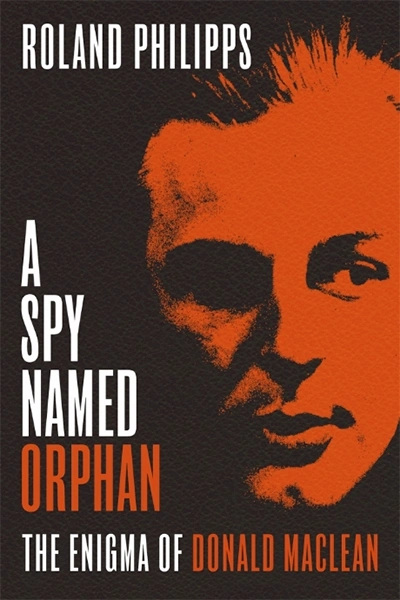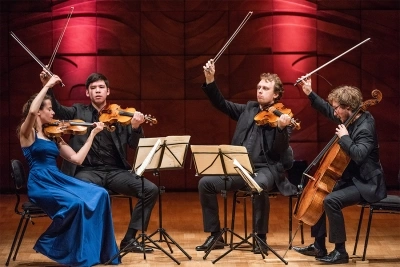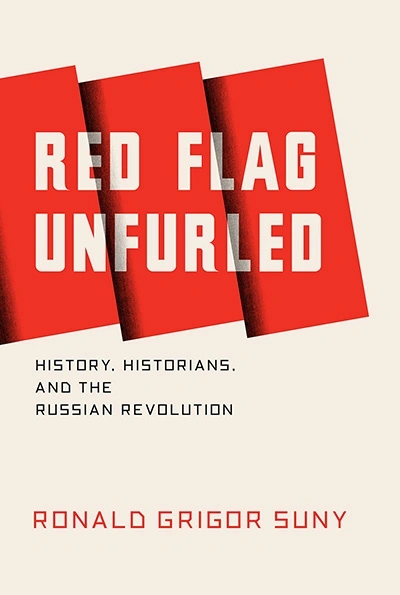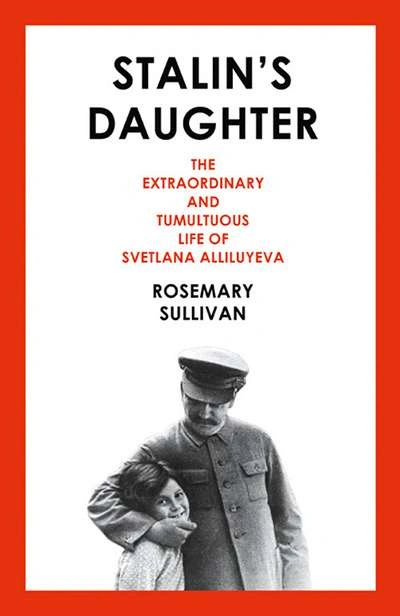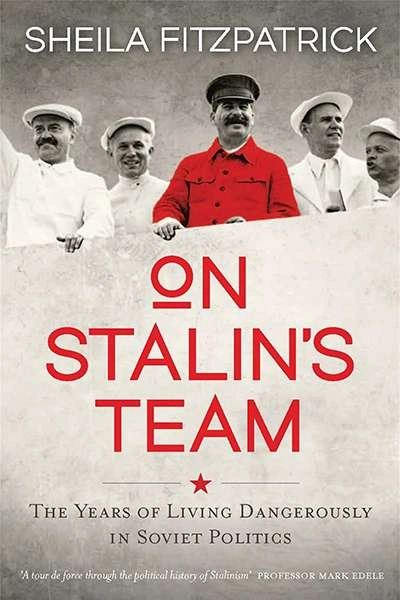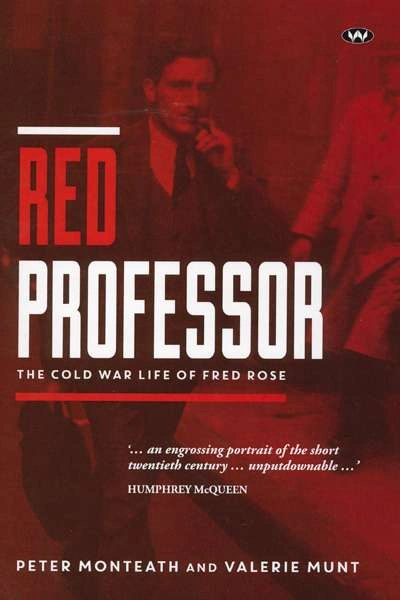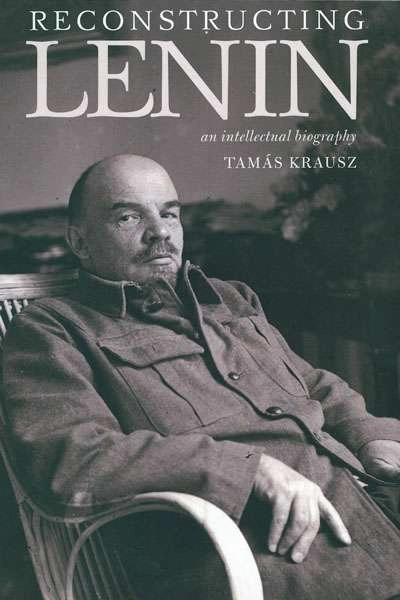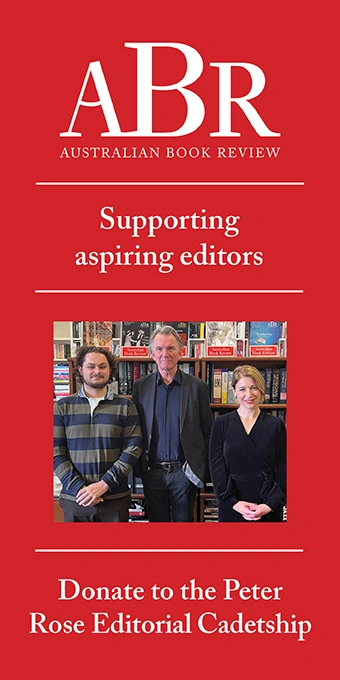Sheila Fitzpatrick
A Spy Named Orphan: The enigma of Donald Maclean by Roland Philipps
I don’t watch the World Cup or even Wimbledon, so I may have some Australian gene missing. But by the time the string quartet winners were announced at the end of the Melbourne International Chamber Music Competition last week, I had become a fan, almost a barracker. I was rooting for the ...
... (read more)Red Flag Unfurled: History, historians, and the Russian Revolution by Ronald Grigor Suny
To celebrate the best books of 2017 Australian Book Review invited nearly forty contributors to nominate their favourite titles. Contributors include Michelle de Kretser, Susan Wyndham, James Ley, Geordie Williamson, Jane Sullivan, Tom Griffiths, Mark Edele, and Brenda Niall.
... (read more)Jolley Prize, Fay Zwicky (1933-2017), Miles Franklin Award shortlist, Porter Prize, Conversational Calibre, Memoirs of historians, Philip Roth ...
... (read more)Originally published in German, Albrecht Dümling’s The Vanished Musicians: Jewish refugees in Australia (Peter Lang), a fascinating compendium of Jewish musicians who found refuge in Australia in the 1930s and 1940s, is now available in Australian Diana K. Weekes’s excellent translation ...
... (read more)

